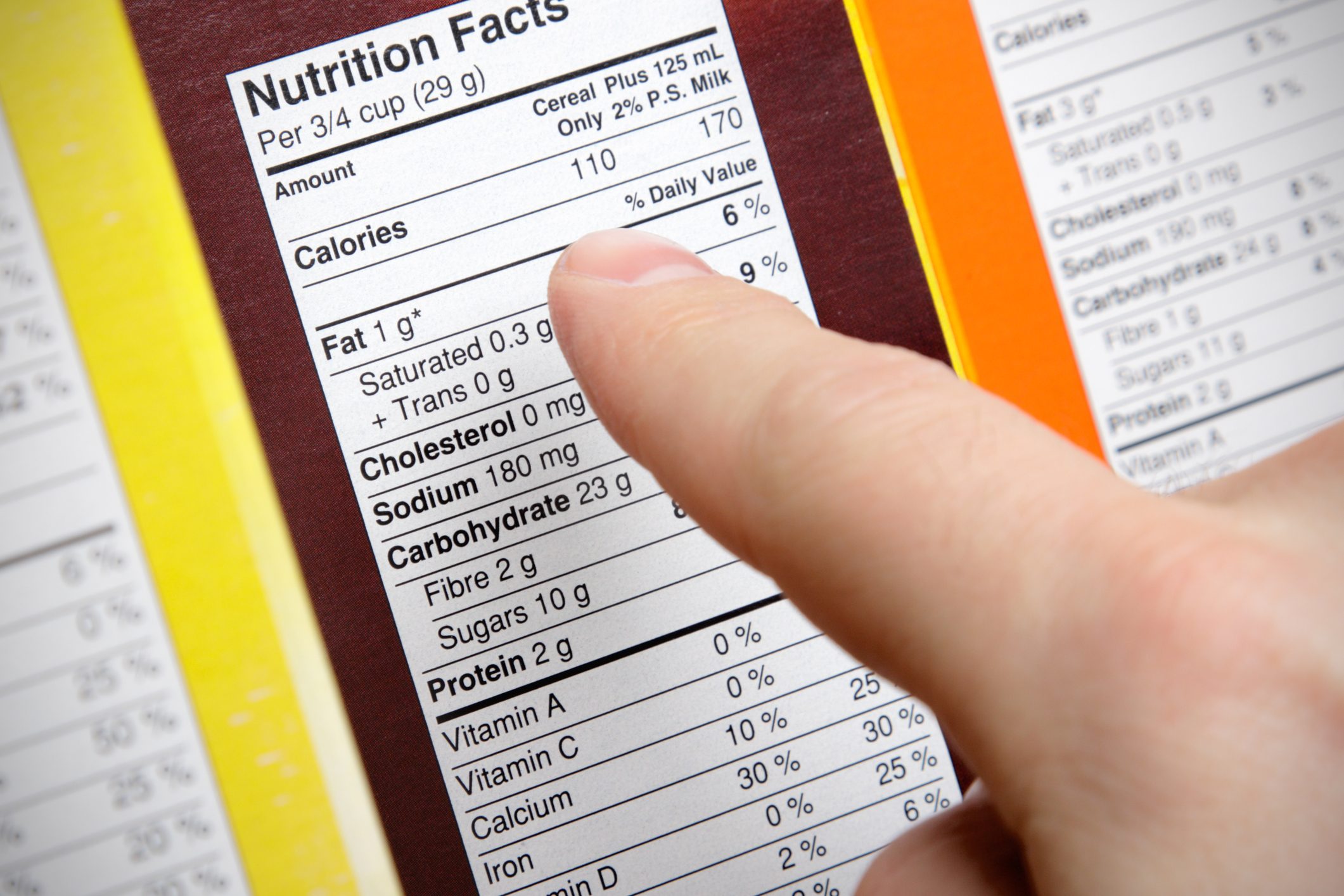Organic Labels Are Not What They Seem, Says Survey
When faced with choosing between a "certified organic" beef which is more costly and a regular less pricey piece, many people are most likely to go for the non organic regular beef even though they know it's not organic. Is it because of the price tag? If you had enough money would the organic tag matter more? A study has been conducted and this article discusses its findings.
;)
Everyone wants to eat good and clean food. Everyone wants natural food as opposed to processed ones because of their health benefits however more often than not, most people end up picking the inorganic and cheaper things
Scientific American thinks the reason behind this has to do with the usage of "non-synthetic" fertilizers and pesticides that make us as ill as mainstream pesticides.
The American Council of Scientific Health believes that you would be paying more for hardly any differences and that most things you hear about GMOs and pesticides are embellished with rumors.
However one survey has claimed that American citizens are not put off by cost or hearsay alone but by another issue that has somehow become the center of attraction.
Food Dive believes that people have grown to care more about if a product is cruelty free rather than if it was organic or not.
A survey conducted by Edelman Data and shared by the Organic Trade Association claims that out of 2,500 consumers, a majority were concerned regarding the treatment of farm workers and animals.

However, what does it even mean for something to be "cruelty-free?" According to the cruelty-free shop, a cruelty-free product is "a product that has not been tested on animals by the manufacturer."
It also states that some animal products such as meat, fish, dairy, and honey can also be classified under the animal cruelty range.
;Resize,width=767;)
;Resize,width=712;)

;Resize,width=712;)
